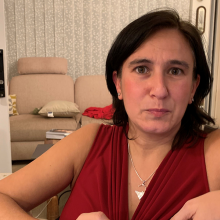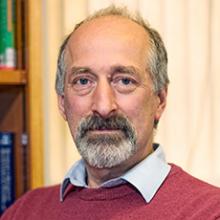About this video
As a researcher, you may have a story to tell that contributes not just to members of your own specific field of study, but that is of interest to a wider international interdisciplinary audience. Yet, addressing an interdisciplinary audience can be tricky in terms of the language to use, the structure and explaining the aims and scope of the research.
In this webinar, experts will help you prepare your research articles with the aim of having them published in interdisciplinary journals. Simona Fiorani, Lead Editor for Cell Press’s interdisciplinary open-access journal iScience and Paul Thompson, interdisciplinary writing expert, will use real-world examples, problems and research around the topic to help you understand the needs of an interdisciplinary audience and the best ways in which you can present your writing.
You will come away with the knowledge of why you should write for an interdisciplinary audience, the language to use and the organisation of the article.




